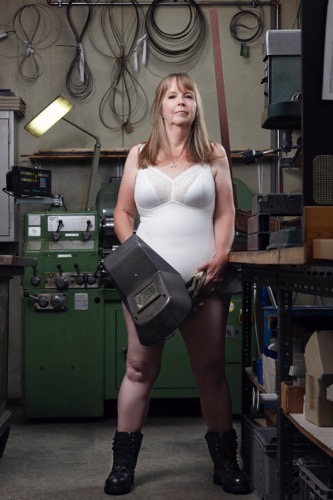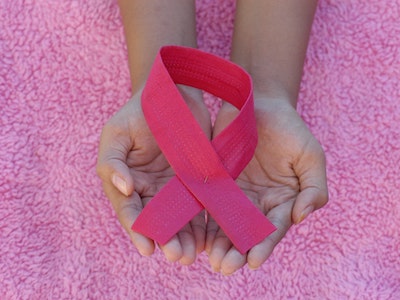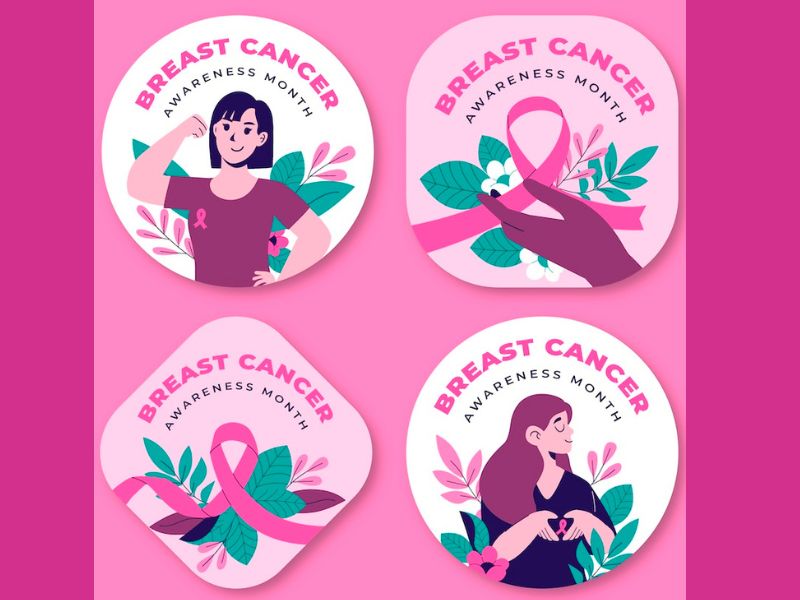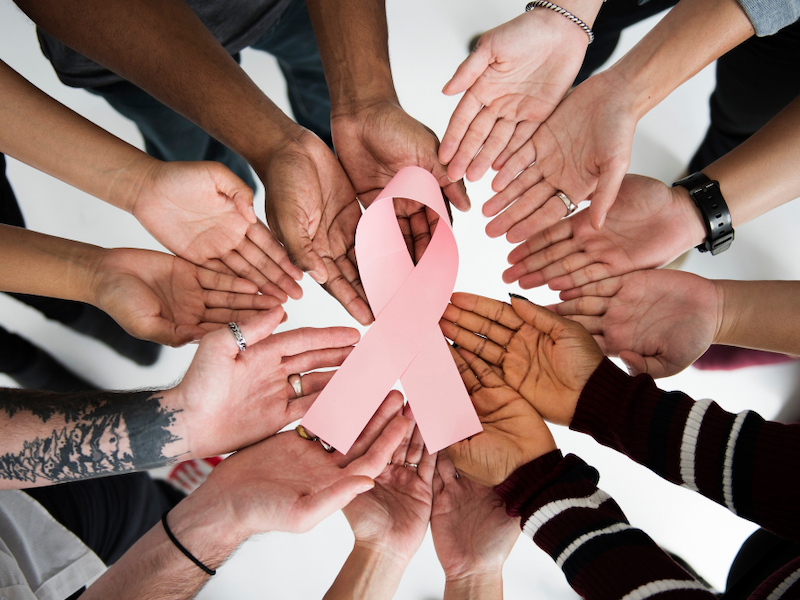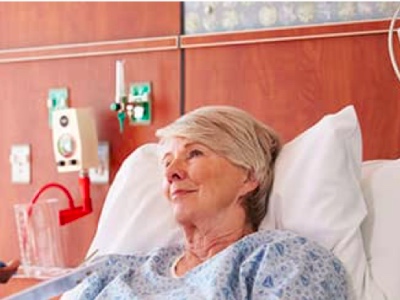October is Breast Cancer Awareness Month and to commemorate it, WeAreTheCity will be profiling a variety of different women who all carry the BRCA1 or 2 gene mutation.
These mutations give the carrier a 75 per cent chance of developing breast or ovarian cancers. It is a hereditary gene, which can be passed down through the male line, as well as the female.
Angelina Jolie famously had this surgery a couple of years ago but the National Hereditary Breast Cancer Helpline say that the message still hasn’t really filtered down to the public yet.
One in 200 people carry a fault in a high risk gene that predisposes them to an increased risk of developing breast, ovarian or prostate cancer.
The hope from these articles is to give a spotlight to these incredible women and to raise awareness of the BRCA gene mutations.
Yvonne Howells, 60, has just retired from her jobs as an intensive care nurse in Cornwall.
She had a double mastectomy with reconstruction and her ovaries removed to reduce her risk of both types of cancer.
She lost her previous husband to cancer, so has seen all sides of care and treatment.
How did you find out that you had the BRCA gene?
My mum died when I was 14 of breast cancer and then her sister got ovarian cancer in her 60’s. Her blood was tested after her death and was positive. I was told the results by two of her daughters and out of the three of us, two were positive. It’s a long process, which involves speaking to genetics and councillors
How have you coped with the challenges that you’ve faced since?
Well, as a nurse, I was at first against having surgery but with an 80 per cent chance of getting breast cancer, I decided that surgery was the best option.
It’s a huge decision, but I hadn’t realised how much I worried about getting breast cancer until I had the surgery and the worry was taken away.
Obviously, we still have to be body aware, as no-one can get rid of all the risk, but knowing you have done everything you can really helps.
Getting used to your new body takes a while, as does getting thrown into the menopause, but as I was in my 50’s it was coming anyway !!
The biggest challenge is finding your daughter has the mutated gene. You feel guilty even though there was nothing you could do about it. All you can do is support them through their own decisions in dealing with it.
What support have you received? Do you have a strong support network of friends, family etc. or have you been supported by other networks?
My family and my nursing colleagues have been a great support, but making contact with the National Hereditary Breast Cancer helpline really made a difference. Being in touch with others in the same situation really helps and having people you can ask all those things going on in your head really helps.
How did you become involved with the campaign for Breast Cancer Awareness Month?
It’s an ongoing campaign, so I am always happy to be involved – either through social media and I have also done a previous radio interview about having preventative surgery.
Angelina Jolie famously had risk-reducing surgery – how important was it that she told the world?
Very important, as it made so many more people aware that they are at risk.
She declared it all with out fuss and then got on with her life, knowing she will be there for her children, which is what most of us want to achieve.
How important is it for people to see women who’ve had mastectomies in the public domain?
We need to make it so people can have open conversations about surgery. Yes, breasts are part of a women’s sexuality, but in reality they can be the death of us without knowledge and the opportunity to take actions -whether surgery or surveillance – to keep us well.
What do you hope to achieve from the campaign?
Even if we make one woman aware of the risks and save a future life then that’s enough. It’s getting the word out there, that there are ways to deal with the risks and that knowledge is power and enables each person to make informed decisions on their future.
What else do you think could be done to raise awareness of the BRCA genes? Should the government/NHS be doing more?
They need GP’s to take family histories and arrange testing if needed and if the person wants it. This sort of history taking should be as normal as all the other medical history. We need to be preventing disease, not waiting for it to happen.
The NHS has said they are going to do more testing, but they need to be getting the message out there.
How can other people worried about the BRCA genes get the help and support they need?
The National Hereditary Breast Cancer Helpline is easy to find when googled, but I feel all genetic groups and GP’s should be giving them the helpline number to point them in the right direction.
There is a lot of help and support given on various Facebook pages.
Do you have any advice for anyone going through a similar thing?
Take a big deep breath, as you have had the faulty gene all your life. The decision on how you deal with it is yours and everyone is different in what they want to do. Help is out there just ask and you will find someone who will help you especially through the NHBCH.
Anita Care have sponsored the National Hereditary Breast Cancer helpline to produce a journal featuring twelve real women who have had risk reducing mastectomies. The journal will be on sale from 1 October 2017, priced at £9.99 with all proceeds going to the helpline.
You can purchase the journal here.

